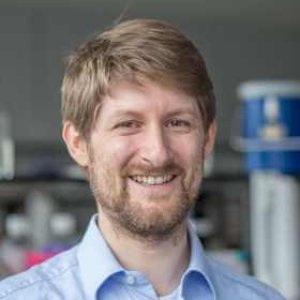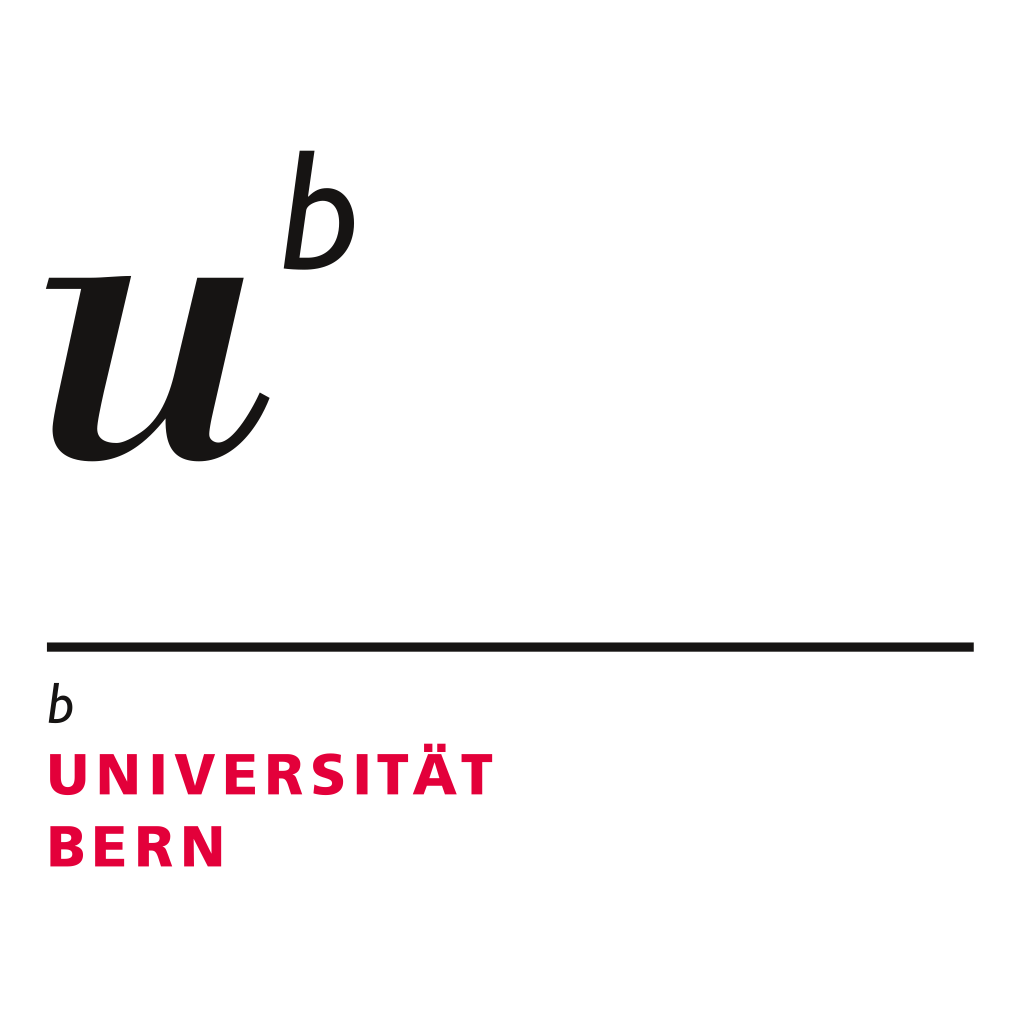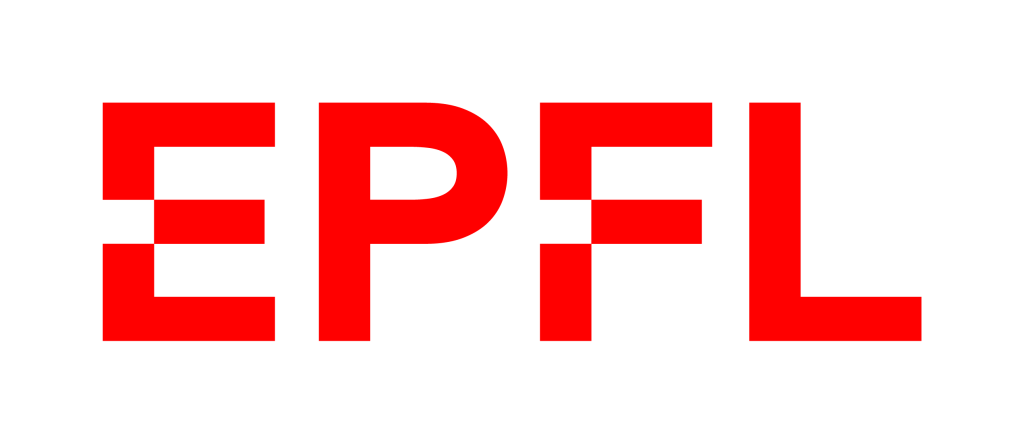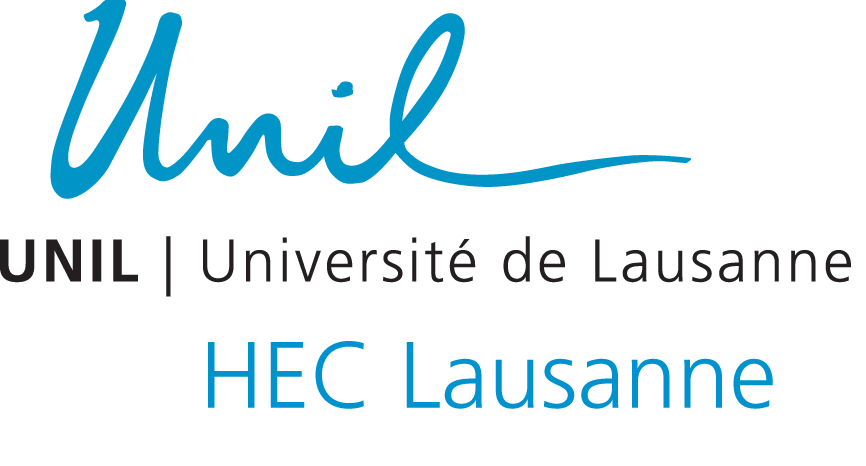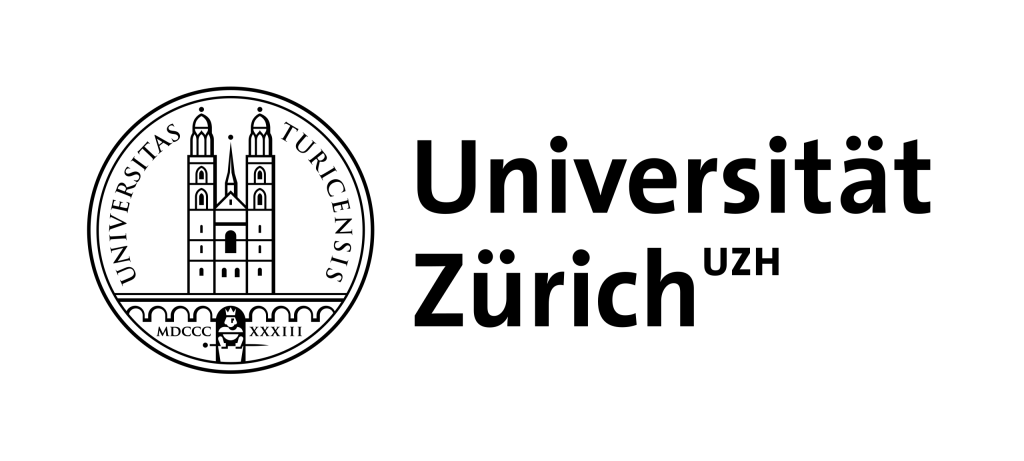Late-stage cancer patients may rapidly exhaust all standard therapy options. Therefore, this group of patients is particularly dependent on a personalized diagnosis and therapy. A treatment with only 20% efficacy results in 100% benefit in a subgroup, as soon as one can identify the responding patients.
To further advance research on personalized oncology, all oncology healthcare providers as well as scientists developing cutting edge diagnostic tools need to join forces and coordinate access to standardized data on diagnoses, treatments and outcomes regarding cancer patients.
During phase 1 of what was previously known as Swiss Personalized Oncology Driver project, we managed to harmonize and structure data that were dispersed in hospital systems and thereby achieved nation-wide interoperability of clinical and laboratory cancer patients’ data. We also created a national molecular tumor board where a panel of experts from all over Switzerland discuss complex cancer patient cases. The board played an important role in defining nation-wide procedures for collecting clinical and molecular data as well as in finding common ways of analyzing and interpreting them.
In the current phase 2 of the project, now called SPO-NDS, we build up on phase I and, in addition, use multi-omics approaches (genome, proteome, transcriptome) in order to support treatment selection. We will use advanced technologies to analyze the molecular features of the tumor samples of the patients participating in the study and also perform drug response testing of the tumor samples in the lab. Finally, we will integrate all of the information derived from clinical and molecular analysis into one single report including personalized treatment recommendations for the tumor boards.
